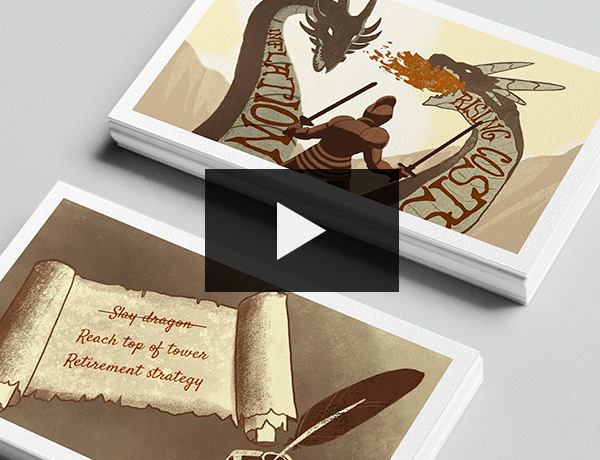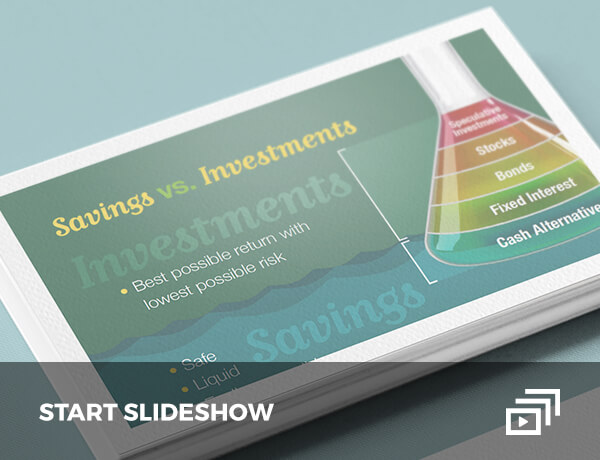How to Make Smart Debt Decisions
The 12 Steps to Living Confidently: How to Make Smart Debt Decisions
Is debt the D in our DNA? Seems to be. The day after a Stone Age genius invented the wheel, a fast-talking salesman was probably advertising hot deals—low cost financing!—on a new set of wheels. Going into debt—using someone else’s money to buy something we want—is still how many of us pay for big-ticket items like cars, houses, and college educations. But should it be? When we look at the most financially and emotionally confident Americans, they are long-term planners with clear and attainable goals who live within their means.
Maybe you’re currently more of a Day to Day Decision Maker, Ambitious Spender, or Retirement Realist. That’s OK. Learning the behaviors of the financially and emotionally confident, and becoming savvy about debt, can help you down the road to living confidently, no matter your DNA. Here are some tips to help you make smarter debt decisions:
Keep your mortgage payment to 15% (or less) of your gross monthly income. Let’s say your household makes $60,000 in pre-tax income. That’s $5,000 per month. So, you should try to keep your monthly mortgage payment at or below $750. Higher mortgage payments squeeze out your ability to save, can make it difficult to afford other necessities, and can tempt you to put those necessities on credit cards. Don’t try to keep up with Joneses. The likelihood is that they are being crushed under the weight of the debt of their brick McMansion. Use a budget worksheet to find out what you can comfortably afford.
Don’t rush to pay off your mortgage. Keep up with your payment schedule, but don’t be in a hurry to pay off your entire loan. (Unless you’re close to retirement – see below.) Mortgage interest rates are currently around 4%, and that’s cheap money compared with other lending sources. Plus, mortgage interest is tax deductible, which helps you save money. If you can refinance at a significantly lower rate, go for it, providing the fees aren’t too high.
Take big swings at credit card debt. For starters, stop using the card. Try to pay more than the minimum, and be on time. If you can’t pay off your balance, try, for example, sticking to an amount above the minimum that you can afford and set up an automatic payment. Carrying a large balance forward on your credit cards is like pushing the same boulder up the mountain, month after month. You’ll never get out from under the obligation. Also, you’re subject to escalating fees for each late payment you make.
But don’t strike out on protection. It’s also important to remember that you still want to have protection measures in place, or at least be actively building them, while paying down your debt. This includes things like a six-month cash cushion and appropriate insurance coverage. Allocating every dollar towards paying off your debt without building up your savings cushion is a classic mistake. Why? You could pay down all your debt, then be hit by an unexpected expense, and go right back into debt again.
Ride into retirement debt-freeish. As you get older, your income typically decreases and major debt can become a problem. Try to pay off your mortgage before you retire. If you have credit cards with high interest rates, use them less frequently and pay them off promptly. The less you owe, the more confidence you can have that your retirement income will see you through. This retirement calculator can help you estimate your future expenses.
Finally, get help if you need it. If you’re struggling with debt, or just want to improve your financial outlook, there are experts who can help. Financial professionals are trained in the art of organizing your finances and can walk you through the steps to becoming financially and emotionally confident.



